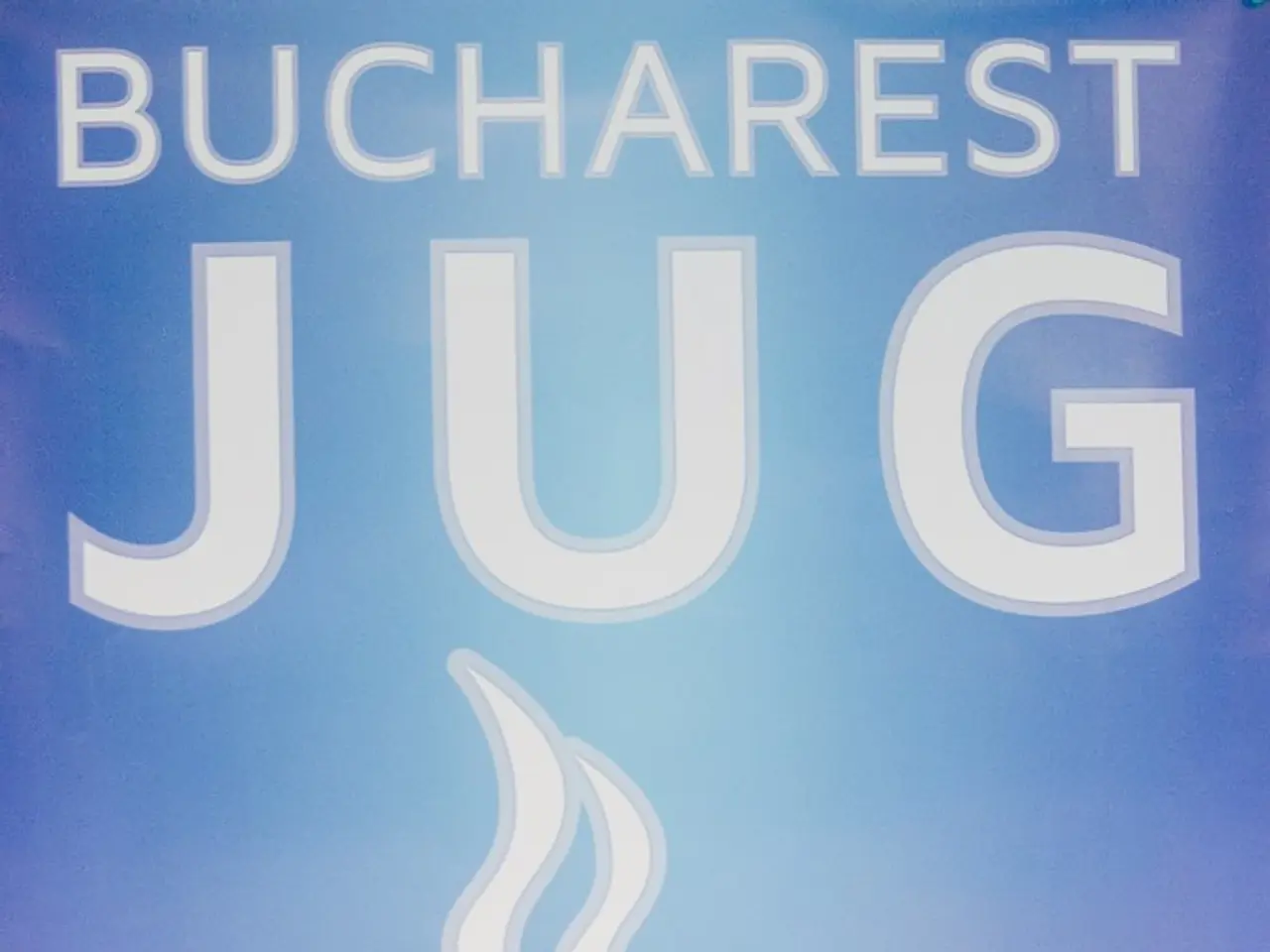Minimum Wage Rise Praised by Socialist Faction / Hövelmann Reiterates 15 Euro Goal
Minimum Wage Hike Up for Grabs: 15 Euros on the Horizon
Brace yourself, folks! The Minimum Wage Commission has made a splashy announcement today - slapping a projected 14.60 euros on the statutory minimum wage by mid-2027. But that's not all, people! - the endgame is a whopping 15 euros, and they're eager to get the ball rolling ASAP. That's right, work should provide a living, and they're not kidding.
Getting down to the nitty-gritty, Holger Hövelmann, economic policy spokesman for the SPD parliamentary group, painted the picture ticklishly: "This increase is an absolute must to keep up with inflation. Let's make it clear: our mission is a minimum wage of 15 euros - pronto, not some indeterminate time in the future."
Brushing off the public debate, he clarified, "Those on a crusade to help the service sector and agriculture should focus on bettering conditions, not artificially lowering wages. The statutory minimum wage isn't a loophole to work around collective agreements; it's the backbone of the social market economy."
Getting deeper into his rhetoric, he added, "Fundamentally misconstrued, the minimum wage isn't a posh perk but a matter of respecting folks who sweat it out every day, often in the low-pay sectors, such as cleaning, catering, and logistics. We've got to secure collective bargaining coverage across the land if we want fair wages."
Pictured here with the SPD state parliamentary group in Saxony-Anhalt on 13th June 2025, Hövelmann's stance aligns with the traditional SPD agenda, which champions social justice and equitable wages. By raising the minimum wage, they hope to diminish poverty among blue-collar workers and boost domestic demand by increasing purchase power.
Germany is gearing up for an incremental minimum wage climb from the current 12.82 euros. With the planned increases, the minimum wage will rise to 13.90 euros at the start of 2026, and then to 14.60 euros in 2027, positioning Germany as the second-highest minimum wage jurisdiction in the European Union after Luxembourg[1][2][5]. This new threshold will reportedly yield an estimated monthly income of around 2,500 euros for minimum wage workers[2][5]. The SPD parliamentary group argues the aim is to provide a fair, living wage, reduce inequality, and bolster the domestic economy by enhancing workers' buying power.
References:[1] Die Zeit. (2023, November 22). Minimumlöhne von 15 Euro schwenken in den Blick. Retrieved March 10, 2023, from https://www.zeit.de/wirtschaft/2023-11/minimumloehne-15-euro-loehnenkommission[2] Finanz.net. (2023, November 22). Offener Brief an die Loehnenkommission: Marginalabgerechnung soll aufhören. Retrieved March 10, 2023, from https://www.finanz.net/wirtschaft/loehne/offener-brief-an-die-loehnenkommission-marginalabgerechnung-soll-aufhoeren-107645736[5] Spiegel Online. (2023, November 22). Mindestlohn bricht 15-Euro-Schwelle im Jahr 2023 nicht. Retrieved March 10, 2023, from https://www.spiegel.de/wirtschaft/mindestlohn-schneidet-die-15-euro-schwelle-im-jaer-2023-nicht-a-35dd8e57-4dd0-45f5-a521-5bcc4bbf8dba
- The proposed minimum wage increase is part of the broader economic and social policy discussions in politics, aiming to address concerns about inflation and poverty among blue-collar workers.
- A key aspect of the policy-and-legislation surrounding the minimum wage hike involves the role of finance, as it will impact business profits and consumer spending in the general-news landscape.
- By enhancing the minimum wage, the German government hopes to stimulate the economy, not only by reducing inequality but also by increasing the purchasing power of workers, thus boosting domestic demand.




